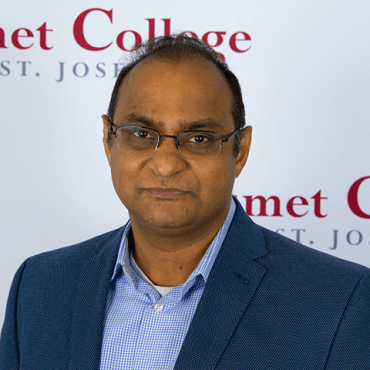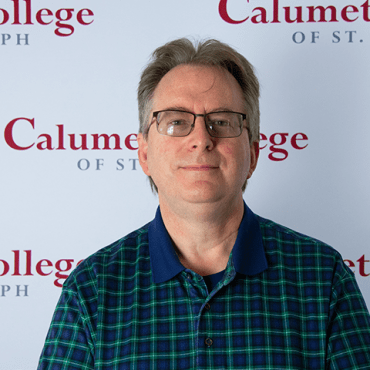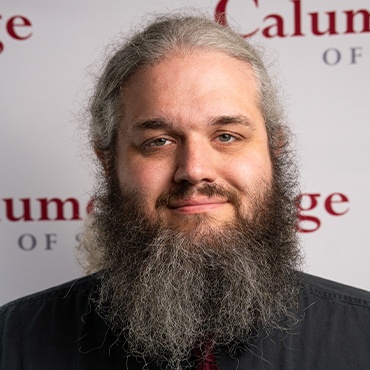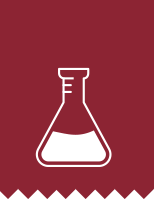
Life Sciences
CALUMET COLLEGE OF ST. JOSEPH’S LIFE SCIENCE PROGRAM OFFERS A FOUNDATION THAT SUPPORTS YOUR DREAM OF TEACHING OR NURSING.
The Life Sciences degree prepares students for high-demand science-related careers in three years. In addition, this path will enable students to spend their fourth year in the educational program or move directly into the workforce.
The teaching path incorporates a unique partnership with the School City of Hammond, to assist with placement within the Hammond School System during the fourth year of the program. You will also receive full support in the final year of the program to become fully licensed to teach within the State of Indiana.
The medical path offers career opportunities such as nursing, lab settings and graduate studies in the life sciences (e.g., biology, cell biology, biochemistry, etc.).
In the Life Sciences Program, you will:
- Advance your scientific knowledge and critical thinking skills
- Hone your research skills and problem-solving ability
- Develop specific expertise in areas of sample preparation, data analysis, scientific calculations and more
- Have the opportunity to earn a Bachelor of Science degree in three years
The program requires year-round coursework including summers. It is ideal for determined students with big plans.
Request Information
Career
Options
Career Options with this major include, but are not limited to work as:
- a life science instructor at high school or middle school.
- a laboratory scientist at cosmetic labs.
- a laboratory scientist at food labs.
- a laboratory scientist at pharmaceutical labs.
In addition, students may pursue Life Sciences to prepare for graduate school, nursing school, or medical school.
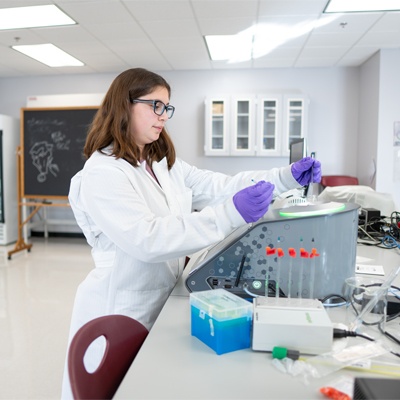
Faculty
Ahmed Lakhani, Ph.D.
Daniel Stroik, Ph.D.
David Harnish, M.L.I.S.
Michael Keiderling, Ph.D.
Program
Objectives and requirements
121 credit hours
The 3+1 Life Sciences program requires students closely adhere to the following plan of study:
Scientific Knowledge and Critical Thinking:
- Students will demonstrate a level of competency for understanding core principles.
- Students will demonstrate the ability to locate and critically evaluate scientific information.
Research Skills and Problem-Solving Ability:
- Students will demonstrate the ability to design studies to test the biological and chemical hypothesis.
- Students will demonstrate the ability to learn independently and to critically evaluate the significance of research results.
Specific Expertise:
- Students will develop and justify a range of sample preparation, data analysis, various scientific calculations (enzyme kinetics, molarity, stoichiometry).
- Students will be able to validate techniques of analytical balances, autoclave, UV/Vis spectrometer, IR spectrometer, gel electrophoresis, simple and fractional distillation, PCR, DNA extraction, titrations, pH analysis and normalization.
Communication:
- Students will demonstrate the ability to communicate the results of scientific research verbally and in writing.
Ethics and Advocacy:
- Students will demonstrate the ability to design studies that meet professional ethical standards.
- Students will demonstrate an awareness of the relevance of biological and chemical knowledge to human health and welfare.
38 credit hours General Education
Students must complete the following:
- MATH 104 Precalculus or
- MATH 110 Finite Mathematics
- PHIL 200 Great Philosophical Ideas
- PSY 100 Introduction to Psychology
- SCIE 102 General Science (Lecture, Lab, Supplemental)
- SOCL 210 General Sociology
11 credit hours in Introductory Courses
- BIOL 115 Cell and Evolution (Lecture, Lab, Supplemental)
- GEOL 110 Earth and Space Science (Lecture, Lab, Supplemental)
- MATH 171 Principles of Statistics
42 credit hours in Mid-Level Courses
- BIOL 205 Development, Structure and Evolution (Lecture, Lab, Supplemental)
- BIOL 230 Microbiology (Lecture, Lab)
- BIOL 300 Human Anatomy and Physiology I (Lecture, Lab)
- BIOL 305 Human Anatomy and Physiology II (Lecture, Lab)
- CHEM 143 Nutrition (Lecture, Lab)
- CHEM 200 General Chemistry I Chemistry (Lecture, Lab, Supplemental)
- CHEM 205 General Chemistry II (Lecture, Lab, Supplemental)
- EDUC 200 Introduction to the Teaching Profession
- EXSS 200 Certified Personal Trainer
- EXSS 230 Principles of Health and Wellness
- KINE 110 Introduction to Kinesiology and Exercise Science
- KINE 210 Exercise Psychology
24 credit hours in Upper-Level Courses
- BIOL 315 Mendelian and Molecular Genetics (Lecture, Lab)
- CHEM 320 Biochemistry (Lecture, Lab)
- EDUC 311 Foundations of Education
- EDUC 315 The Effective Educator
- EXSS 400 Principles of Conditioning
- EXSS 410 First Responder
- EXSS 415 Fitness Assessment
- EXSS 420 Techniques & Practices of Strength and Conditioning
- EXSS 425 Techniques & Practices of Exercise Instruction
5 hours: Electives
You Belong
at Calumet College of St. Joseph!


